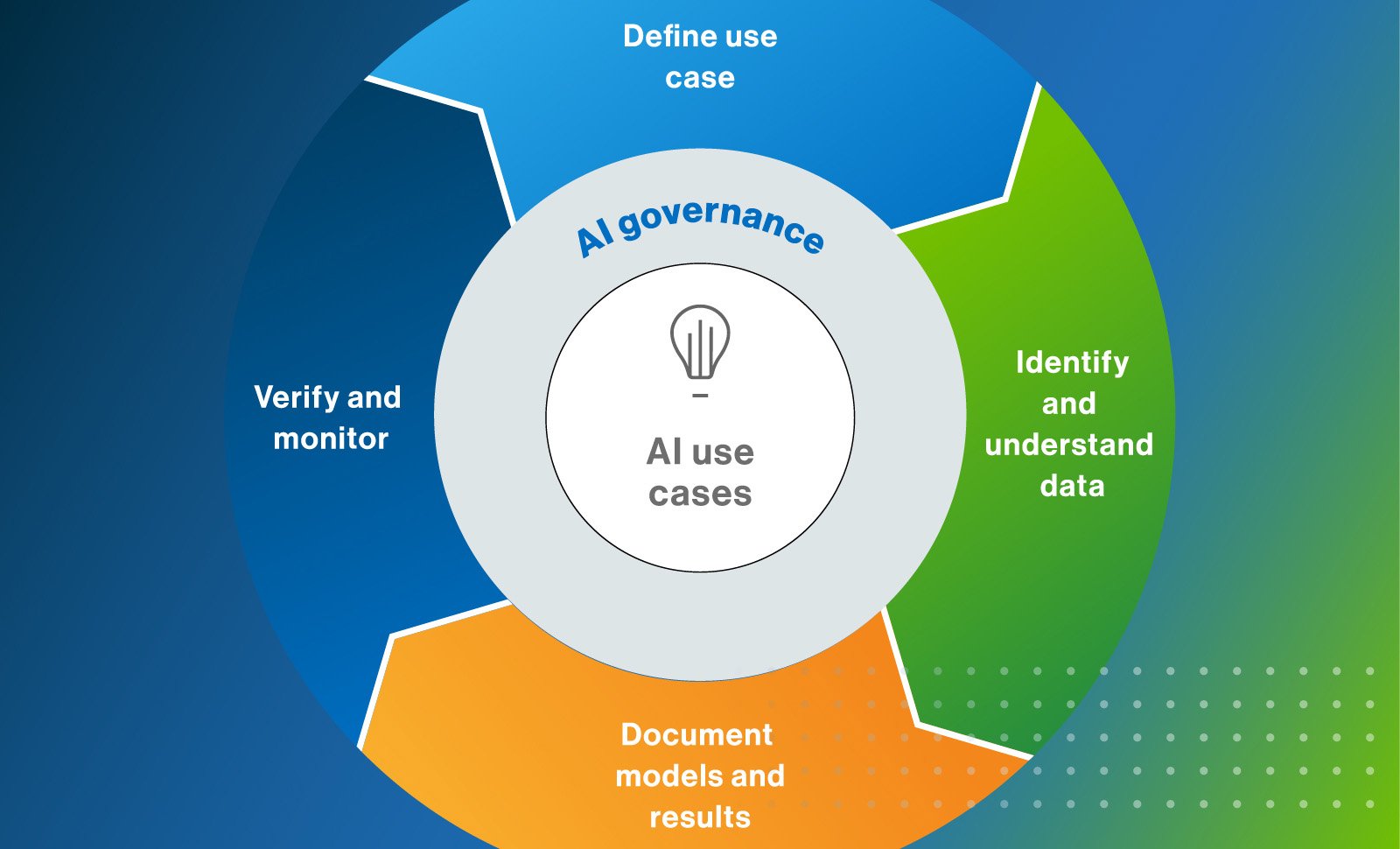
Expanding Horizons: Databricks Unveils Mosaic AI Enhancements
At the forefront of AI innovation, Databricks has once again captivated the tech community with its latest advancements in Mosaic AI. In a world increasingly driven by intelligent systems, the company’s ambitious expansion of its AI tools aims to address the pressing concerns of enterprises seeking to harness the power of large language models (LLMs).
 Unveiling New Possibilities with Mosaic AI
Unveiling New Possibilities with Mosaic AI
The Rise of Mosaic AI
Just a year ago, Databricks made headlines by acquiring MosaicML for a whopping $1.3 billion. This strategic move has paid off as the rebranded Mosaic AI seamlessly integrates with Databricks’ comprehensive suite of AI solutions. During the recent Data + AI Summit, the company announced five new tools designed specifically to enhance the capabilities of enterprises navigating the complexities of AI integration.
Co-founders Ali Ghodsi and Matei Zaharia expressed their enthusiasm during interviews, underscoring that the last year has been monumental for Generative AI. Ghodsi pointed out three critical factors that enterprises prioritize: improving model quality and reliability, ensuring cost efficiency, and safeguarding data privacy. In a landscape marked by significant variations in costs associated with different models, these concerns are not just theoretical—they are front and center.
“It’s been an awesome year—huge developments in GenAI. Everybody’s excited about it,” Ghodsi noted. “But the things everybody cares about are still the same three things.”
Unveiling the New Tools
Among the tools unveiled, the Mosaic AI Agent Framework and Mosaic AI Tools Catalog stand out as pivotal for developers looking to build applications leveraging Retrieval Augmented Generation (RAG). By utilizing these new services, developers can create sophisticated systems that amalgamate different models and functionalities for seamless AI experiences.
The Mosaic AI Model Training service facilitates fine-tuning LLMs using proprietary data, paving the way for organizations to tailor models for specific tasks. This ability to customize is crucial as it aligns with the necessity for accuracy in enterprise environments, where stakes are high and margins for error, slim.
Modularity at the Core of AI Systems
The Mosaic AI Gateway further simplifies the process for enterprises by providing a unified interface to manage and deploy any open-source or proprietary model. Simultaneously, the Mosaic AI Agent Evaluation tool ensures that organizations can swiftly assess the performance of their AI applications in real-time, obtaining vital feedback to enhance model performance.
Embracing Modular Systems for Greater Control
Zaharia pointed out the growing complexity of systems employed by enterprises using LLMs. Increasingly, organizations are leveraging multi-model setups that facilitate optimized queries and improved data management through caching results and utilizing diverse tools. This modular approach not only fosters innovation but also enhances the reliability and relevance of results—attributes that high-impact, mission-critical applications demand.
“If you think about it, if you’re doing something really mission critical, you’ll want engineers to be able to control all aspects of it,” he explained.
With these advancements, developers are empowered to customize workflows that can respond effectively to various needs within their organizations, significantly boosting productivity and efficiency.
The Future of AI at Databricks
As Databricks consistently opens doors for its customers, the integration of the Unity Catalog into AI governance is equally noteworthy. This expansion grants enterprises greater control over how LLMs interact with AI tools and functions, ensuring that any sensitive data remains protected. The open-sourcing of this governance system could potentially redefine industry standards for data integrity and compliance in AI applications as companies strive to harness the immense potential of AI while navigating the regulatory landscape.
 Governance and Compliance in AI Applications
Governance and Compliance in AI Applications
As the momentum builds around these developments, it’s clear that businesses will need to reevaluate their AI strategies to fully leverage the capabilities that Databricks is offering. The collaborative and transparent frameworks being established by Databricks allow for unprecedented customization while addressing the core challenges that many organizations face in deploying LLMs effectively.
Conclusion
As we stand on the brink of a new era in artificial intelligence, the enhancements rolled out by Databricks deliver hope and excitement for enterprises worldwide. The promise of Mosaic AI not only elevates technical capability but also brings about the crucial dialogue on ethics, privacy, and control. As the technology landscape evolves, embracing these advancements will be essential for businesses wishing to maintain a competitive edge.
The innovations offered by Databricks are not simply tools; they represent an evolving paradigm shift in how enterprises can operate within a data-driven economy. Those who can adapt quickly will undeniably reap the rewards, ushering in a new chapter in the evolution of AI applications.
Tags
- AI
- Databricks
- Mosaic AI
- LLMs
- Machine Learning
Summary
The article explores recent advancements in Databricks’ Mosaic AI, focusing on new tools aimed at enhancing enterprise-level AI deployments. Through interviews with co-founders Ali Ghodsi and Matei Zaharia, key themes around model quality, cost-efficiency, and data privacy are discussed, showcasing how these tools can transform the landscape of AI application development.














